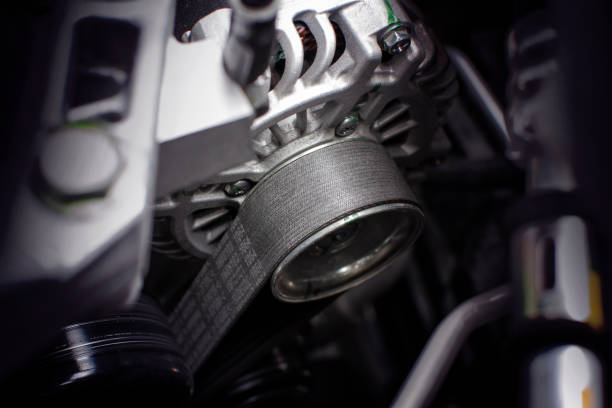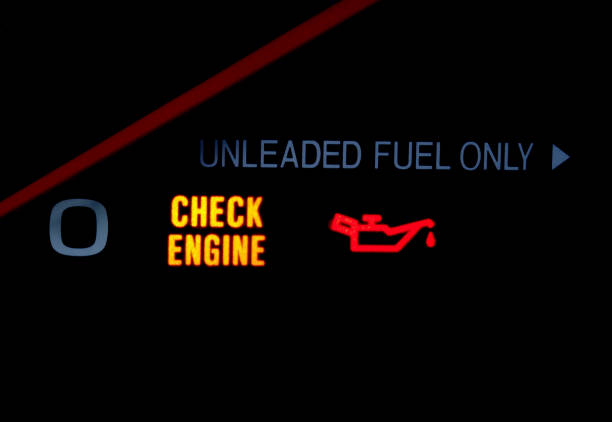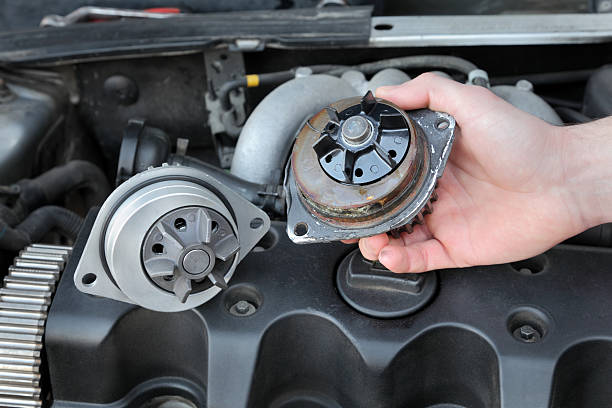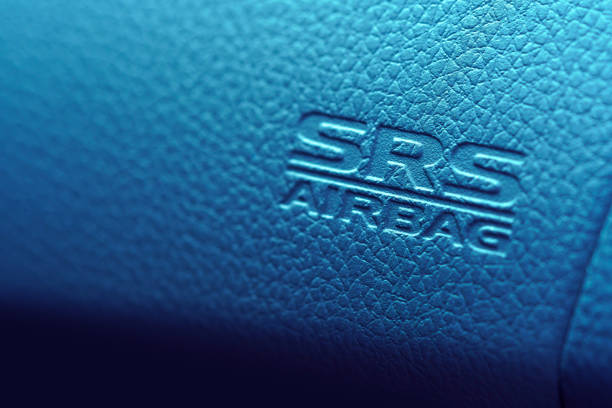
Properly called a Certificate of Title, a car title is a legal document that states the legal owner of a specific vehicle. Vehicles are identified by a unique Vehicle Identification Number (VIN.) Each vehicle has the VIN stamped into the metal of a car on either the dashboard or inside the driver’s door. The VIN will appear on the title with your name for proof of ownership.
A title is issued by an individual state’s Department of Motor Vehicles (DMV). If you acquire the car through financing, the Certificate of Title remains in the name of the lender until the balance is paid off.
On the other hand, if you buy a car from a private seller, the title must be transferred to the new owner. Title transfer requires the seller to release ownership of the car by signing the title. The buyer or seller then takes the signed “released” title to the state DMV, where the state issues the buyer a new title and registration.
Car title information
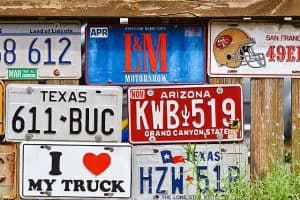
Individual states keep a copy of each title they issue, which is a record of all owners a car has throughout its existence. Besides the name of the car owner, car titles contain a lot of other information, which varies from state to state. However, most of these title versions include the following information:
Vehicle Identification Number (VIN)
A car’s Vehicle Identification Number is the identifying code for a specific vehicle. No two automobiles have the same VIN. Additionally, the VIN on the title should be the same as that one imprinted on the car. Numbers that don’t match could be a sign that the car on sale is stolen or the VIN is fake.
Vehicle description
The car title should also contain the car’s Make, Model, and Year of Manufacture. Additional details may include the car Body Type, Style, and Color. These details are not usually spelled out like “2007 Ford Explorer,” instead, the information is in the VIN code. A quick Google search on a VIN will reveal these details.
License plate number
A car title may also contain the license plate number of the vehicle, i.e., the DMV identifying characters and numbers issued upon registration of a car. This metal plate is required to be placed on the back of every vehicle for easy identification. It also proves the car has been registered with the DMV. Many states also require this metal identification plate to be attached to the front of the vehicle as well.
Date issued
The title may also specify the date an application for transfer ownership of a vehicle was submitted.
Mileage
Titles often list the reported mileage, as was stated in the title application. In some cases, the mileage section might read “EXEMPT” under the odometer reading. Why? Well, vehicles ten years old and older are exempt from the odometer disclosure statement requirements.
Name of lienholder or owner
Car titles are proof of vehicle ownership so the name and address of the current owner should be listed. The title would have the details of the lienholder if it was financed. Once the car has been paid off and you obtain a lien release, the title becomes a clean title.
What is a clean title?
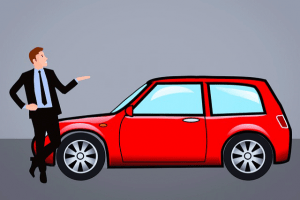
A clean title indicates that a car has never been deemed a total loss by an insurance company that paid a claim on it. It has also never been reported to be in a collision, flood or fire damaged. One can also define a clean title as a title that has no brand or marking of previous problems. New cars come with a clean title as do most roadworthy, pre-owned vehicles that are insurable.
However, given that the title of a car is only affected by car insurance claims, a clean title is not a guarantee that a vehicle is free of problems. Here are possible issues that could be lurking under that clean-titled car you are about to purchase.
Mechanical failures
Vehicle insurance does not provide coverage for major mechanical problems such as engine failure and transmission damage. Only automobile service warranties cover these types of issues. Even if the car had many service issues, it wouldn’t be reported to the DMV. You can, therefore, buy a car with a clean title, but has a powertrain problem.
Bad repair jobs
Instead of consulting a professional mechanic, car owners sometimes decide to do auto repairs, such as replacing the timing belt, fixing a cracked/chipped windscreen, or replacing the radiator, themselves. Such repairs go unreported in that they do not show up on the vehicle’s history report on car title status.
Hidden previous damage
A clean-titled car may have sustained extensive damage but repaired without notification to an insurance company. A car collision can cost an insurer thousands of dollars to repair. Some car owners may, therefore, opt to pay someone “under the table” to avoid filing an insurance claim that will affect their monthly premiums. Consequently, the car remains insured with a clean title even after undergoing the equivalent of reconstructive surgery.
Note: If you are at fault and make a claim against your insurance policy above a specific dollar amount, insurers usually increase your premium by a certain percentage. This is how they recover the money they lost paying to fix the car.
How to tell if a car has a clean title

The process of selling a vehicle is made a lot easier for all parties involved in the transaction if the car on sale has a clean title. As mentioned earlier, a clean title indicates that the vehicle has never been in a significant accident, stolen, or written off by an insurer. As a buyer, confirming the following details can help you make an informed decision.
Researching car history
Manufacturers are responsible for assigning a unique vehicle identification number (VIN) to every automobile they produce. The VIN should be a total of 17 digits, comprising of both letters and numbers. Potential buyers can check records associated with a particular VIN through various commercial websites like CarFax.
These websites provide detailed vehicle histories for a reasonably small fee. You may, for example, obtain information on:
- The previous owners of the car
- How many times, if any, the vehicle’s airbags have been deployed
- Whether the automobile has been subject to a Lemon Law claim
- Whether there is money owed on the car
Checking public records
Lawyers, auto dealerships, manufacturers, insurers, banks, towing companies, and government agencies can check car records for specified purposes through state agencies like the Department of Motor Vehicles. These DMV records usually include the name and address of the car owner and or lienholder, VIN, and license plate.
In conformity with the Driver’s Privacy Protection Act (DPPA), states may not release personal information except to authorized parties. The DPPA prohibits the release or use by any State DMV (or any officer, employee, or contractor thereof) of an individual’s personal information obtained by the department in connection with a motor vehicle record.
Permissible uses of a driver’s motor vehicle record include:
- Legitimate government agency functions
- Use in matters of motor vehicle safety and product recalls
- Towed or impounded vehicle notifications
- Use in connection with a civil, criminal, administrative or arbitral proceeding
- Use by any requestor where he/she can provide written consent of the individual
Title brands
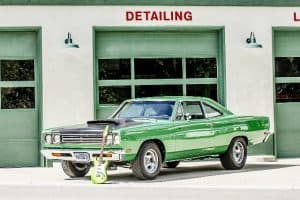
We have established that if a car does not have a clean title, it must have a branded title. A title brand is an official designation by a state agency and should appear on the Certificate of Title. Private companies, auto dealerships, or individuals cannot brand titles.
Title brands and the criteria used to assign them varies from state to state, but some of the most common ones include:
Salvage title
If a vehicle has undergone severe damage through any means and an insurance company or owner writes it off as a total loss, it will often be issued a Salvage title. A total loss typically means the cost to repair the vehicle would equal or exceed the car’s value. It does not, however, mean that the automobile is unrepairable.
If you are an auto restoration enthusiast, a salvage-titled car might be a good buy. But you should know, these cars can only be registered, insured, and driven after being rebuilt. Once rebuilt, the vehicle must pass a state inspection to be drivable. Additionally, in some places, individuals may not be allowed to buy salvaged vehicles. In such cases, only repair companies or car dealers can purchase these cars.
Rebuilt title
When a salvage vehicle is repaired correctly and passed inspection by a state inspector, it is registered and then a Rebuilt title is issued to the owner. A Rebuilt title may go by a different name in another place. Alternative names may include Rebuilt Salvage, Restored, Prior Salvage, and Reconstructed.
Some jurisdictions may require rebuilt vehicles imported across provincial or state lines to be re-inspected to retain the Rebuilt title. Moreover, following an interstate car sale for a rebuilt-titled car, a title brand may not transfer to the title in the new state. Consequently, the new title is not branded, meaning it becomes clean. This process can be abused by dishonest people and is called “title washing.”
Lemon title
![]()
Have you ever heard a car being referred to as a lemon? Lemon is the term given to a vehicle, especially a new one, that has excessive mechanical problems. Such issues usually affect its safety, value, or utility. Lemon laws vary according to individual states. However, some states have no lemon brand title designation.
If a particular element of a vehicle has malfunctioned several times while under warranty, a state may issue a Lemon title, otherwise known as a Buyback title. Alternatively, the manufacturer is first allowed to try and repair the problem. If the issue persists despite several repair attempts, the car is repurchased by the manufacturer and branded as lemon on the title.
Note: A manufacturer can resell a problem car they previously bought back. And depending on the jurisdiction, the automaker may or may not be obligated to disclose it is a buyback. Check the car history on CarFax to look for this problem.
Irreparable title
An Irreparable title may also read as Flood, Junk, or Fire Damaged. Either way, it usually means the car is beyond repair and can only be used for parts or as scrap. For vehicles that have sustained significant water damage, they can be thoroughly cleaned, new carpet installed and resold.
It is, therefore, advisable to obtain a vehicle history report to see where the car has been to avoid a vehicle that has been damaged by water. Another precaution would be to have the automobile examined by a certified mechanic.
Conclusion
To avoid buying a car with a branded title, have an idea of what a clean title looks in your state. Additionally, research the car’s history and check public records as fake titles do exist. Only make a car purchase if the title process appears to be legitimate or have someone you trust who knows about car titles in your jurisdiction tag along to play it safe.
If you liked this article make sure to check out: How Long Does it Take to Charge a Tesla and All Car Names That Start with S





